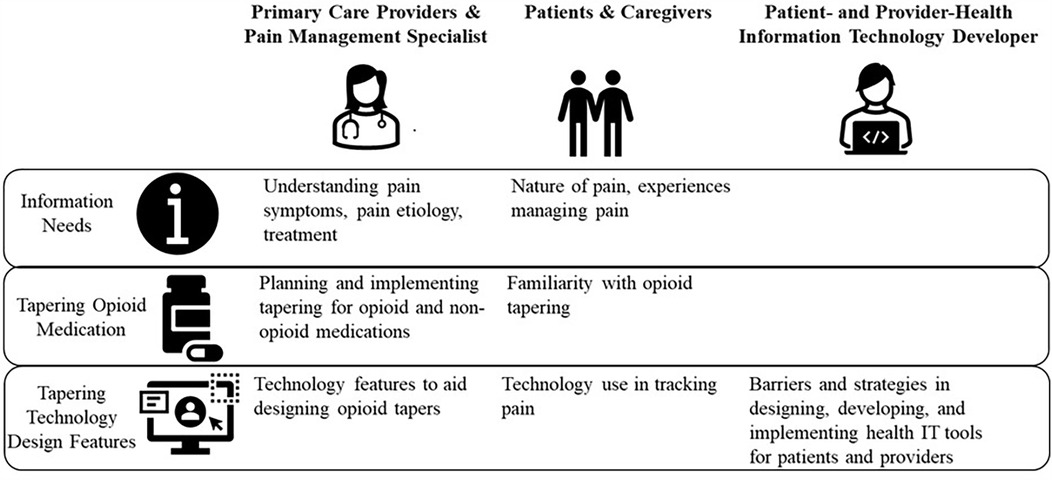
Specialist pain management clinics and addiction treatment services play a crucial role in addressing intricate healthcare issues, often seen as some of the most challenging and expensive to oversee. However, these specialized services require the solid backing of a reliable primary care system to operate effectively, which is vital for promoting continuity, preventing fragmentation, and ensuring patient accountability. Primary care lays the groundwork for these services, facilitating timely access, coordinated care, ongoing monitoring, and active patient involvement in managing chronic pain and addiction.
Primary care acts as the first point of contact within the healthcare framework and serves as an essential support for long-term care. For individuals experiencing chronic pain or issues with substance use, symptoms can change over time, necessitating continuous evaluation, management, and appropriate referrals. A strong primary care provider can detect early warning signs, avert problems from worsening, and guarantee that specialists’ care plans receive necessary continuity. Pain and addiction clinics frequently function in insular settings, like tertiary or outpatient specialty facilities, where follow-up options might be limited. At this juncture, primary care reinforces treatment plans, oversees medications, and integrates vital psychosocial support. By adopting shared care models and utilizing interconnected electronic medical records, primary care can smoothly manage referrals, ensure communication with specialists, and synchronize treatment goals, thus preventing duplication, conflicting instructions, and lapses in treatment. This cooperative strategy is especially crucial for patients with co-existing disorders, such as anxiety, depression, insomnia, or diabetes, which can significantly impact pain or substance use results.
Managing chronic pain and addiction necessitates that patients implement behavioral changes and maintain ongoing involvement; however, a number of individuals face challenges with motivation, awareness, or insufficient social support. Recent research reveals a troubling pattern: chronic pain patients lacking consistent primary care often display verbal hostility, emotional manipulation, and harassment towards staff in pain clinics. Published in the Anesthesiology and Pain Medicine journal in May 2024, the research indicates that these patients, frequently without a stable medical home, bring their unfulfilled needs, distrust, and desperation into specialized clinics, heightening conflict and potentially harming therapeutic relations. This inadequacy in the care system imposes additional strain on both patients and healthcare providers.
The lack of solid primary care compels patients to elevate complaints, demand unwarranted interventions, or resort to manipulative tactics to secure medications. The findings of this study serve as a crucial alert: the harassment faced by pain clinic staff is not merely a behavioral issue but an indication of systemic failure, placing excessive demands on specialists to bridge the gaps left by insufficient primary care. It suggests that patients endure suffering not only physically but also emotionally and socially, in the absence of stable, trust-based relationships typically provided by primary care. This environment contributes to high levels of clinician burnout, absenteeism among staff, and decreased safety in clinics, threatening the sustainability of pain management systems.
Health disparities are intensified in marginalized communities already struggling with shortages in healthcare workforce and fragmented systems. Underrepresented groups with limited access to family physicians are more prone to slipping through the cracks of specialist-driven care. In the absence of reliable primary care, the continuity of treatment within addiction programs may be disrupted, hindering patients’ recovery.
To achieve effective pain management and addiction treatment, we must cease to view these services in isolation and instead acknowledge their reliance on a stable primary care system for continuity, patient accountability, and the reduction of physician harassment. Bolstering primary care is not only advantageous for health outcomes but also vital for ensuring clinic safety, staff wellbeing, and sustainable care systems. The path forward in managing pain and addiction resides in improving integration, cultivating relationship-centered care, and ensuring systemic accountability throughout the healthcare landscape.
Olumuyiwa Bamgbade is a specialist in value-based healthcare delivery, trained across numerous countries, providing a global viewpoint on clinical practice and healthcare innovation. He makes significant contributions to the field through his leadership at Salem Pain Clinic and his academic roles in various institutions. His efforts focus on pain management, healthcare equity, substance misuse, medical sociology, and more, highlighting the necessity of integrated, value-based care in addressing complex health conditions.